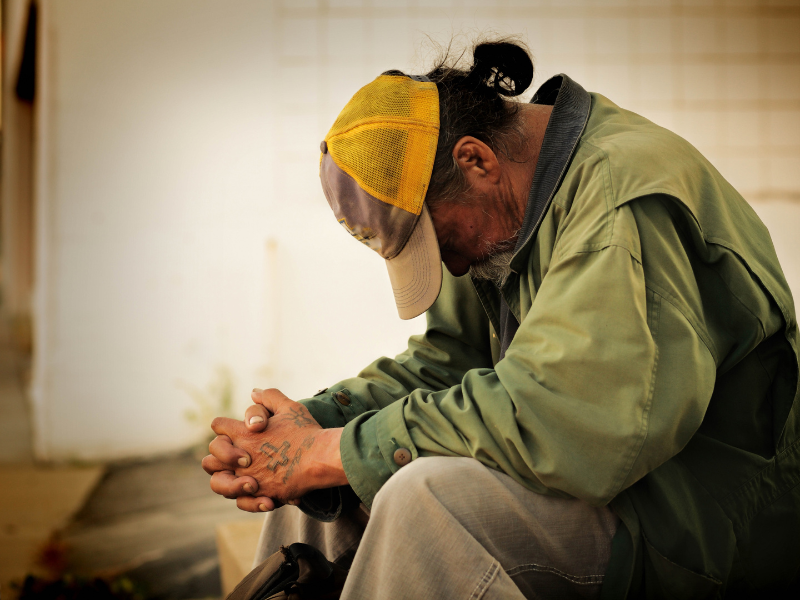
Unlocking Opportunities: Empowering Women at Whitworth Correctional Facility for Successful Re-entry

Unlocking Opportunities: Empowering Women at Whitworth Correctional Facility for Successful Re-entry
Key Point
- Those reentering society need a plan for gaining stable employment after serving time.
- Local businesses will hire and support those reentering society.
- There are tools, resources, and support available to former inmates.
At the beginning of the summer, Prison Fellowship hosted an inspiring event at the Whitworth Women’s Facility in Hartwell, Georgia.
This event was significant for inmates because many of them will soon be integrating back into society, which can also be referred to as “reentry.” This process can be tough because there are many challenges, like finding a good job. Assisting former inmates in swiftly obtaining reliable employment is crucial as it plays a pivotal role in reducing recidivism rates, or keeping people from going back to prison.
Tony Kitchens, a board member of GCO and a representative of Prison Fellowship, along with Luisa Beeco, BETTER WORK Gwinnett’s program manager, participated in a panel discussion focusing on the options available to women after serving time and the significance of stable employment in their journey towards successful re-entry. With around 150 engaged participants, including former inmates, the event aimed to provide hope, support, and resources for these women as they prepared for their transition back into society.
Incarcerated women are eager for job opportunities and self-sufficiency:
The importance of supporting incarcerated individuals and helping them integrate back into society has become a pressing concern in recent years. The panel of speakers featured former inmates, our GCO team, and representatives from The Georgia Justice Project. Luisa highlighted the need for a plan to secure stable employment as a stepping stone towards a better life after incarceration. One of the most remarkable aspects of the discussion was the unexpected level of engagement displayed by the incarcerated women, who were eager to learn about their job opportunities and how to achieve self-sustenance. With local community leaders showing support for their ambitions, the women left the discussion with a renewed sense of hope and determination for a brighter future.
“The women actively participated by asking thought-provoking questions to the panelists for a substantial period of time,” stated Luisa. “This eagerness to learn and seek guidance demonstrated their genuine desire to better themselves and seize the opportunities that awaited them upon release.”
Stable jobs after prison are key to women finding purpose and success:
One of the recurring themes throughout the discussion was the critical role of stable employment in the re-entry process. Our team highlighted the benefits of having a job after release, such as financial stability, personal growth, and a sense of purpose. The panelists emphasized the importance of using their time in prison wisely to acquire necessary skills and qualifications, ensuring they are well-prepared to enter the job market upon release.
“This eagerness to learn and seek guidance demonstrated their genuine desire to better themselves and seize the opportunities that awaited them upon release.”
“This eagerness to learn and seek guidance demonstrated their genuine desire to better themselves and seize the opportunities that awaited them upon release.”
Hope and resources for incarcerated women returning to society:
GCO provided a comprehensive list of available support networks, job training programs, and organizations dedicated to helping formerly incarcerated individuals transition back into society.
The event held at the Whitworth Women’s Facility was an inspiring testament to the power of hope, support, and education in the lives of incarcerated women. By engaging with panelists, seeking guidance, and embracing the importance of stable employment, these women showcased their determination to rebuild their lives and contribute positively to their communities. The collaboration between Prison Fellowship, Tony Kitchens, GCO, and the dedicated individuals within the correctional facility exemplifies the transformative potential of collective efforts in enabling successful re-entry and giving these women the tools they need to thrive.










